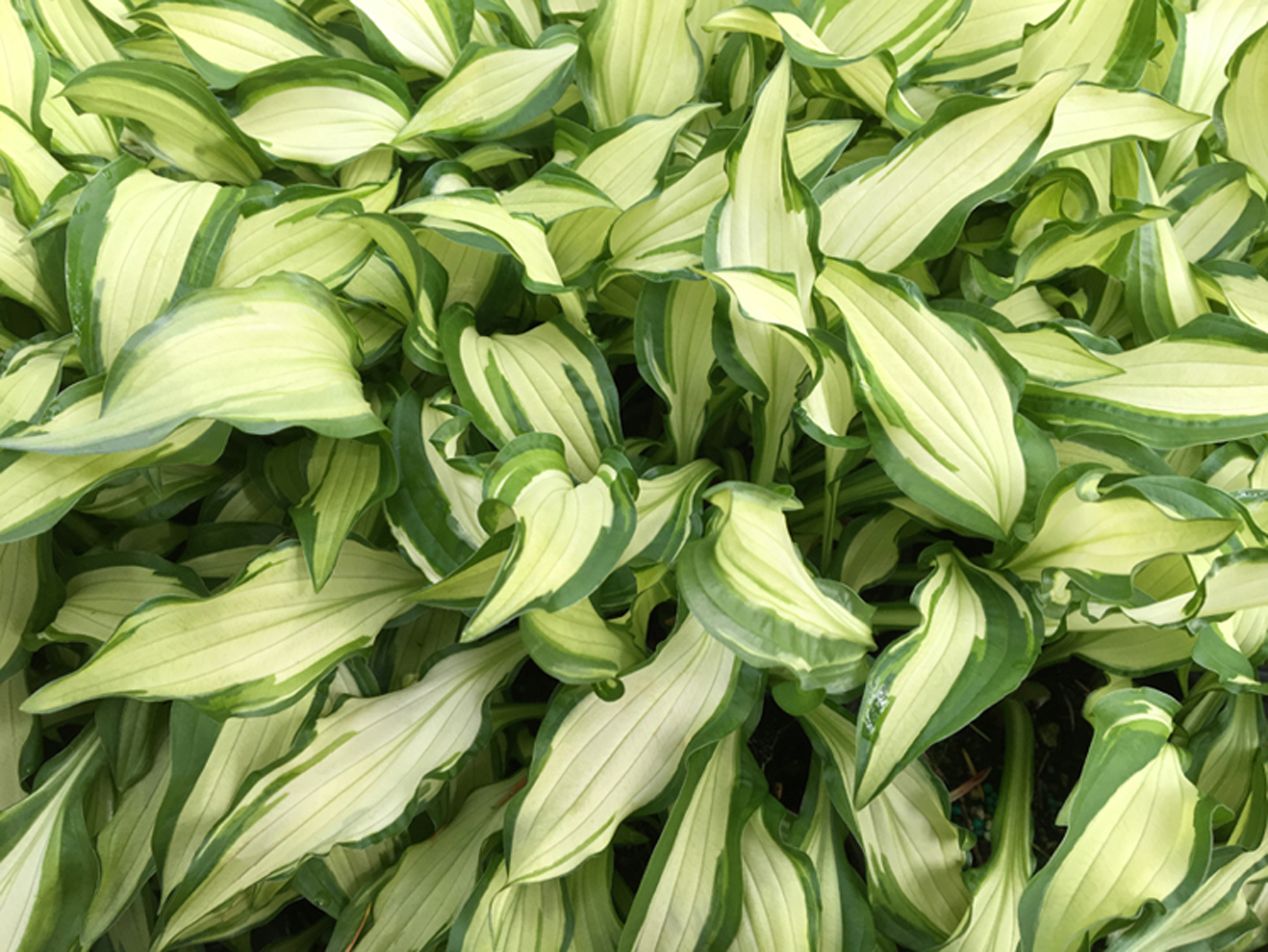Many gardeners are familiar with garden centers, where they can get annuals, supplies, fertilizers, gloves and other items. These are usually found in well-populated areas and carry a wide variety of annuals, perennials and woody plants.
But for something a little bit different, gardeners can also turn to specialty nurseries.
These nurseries offer an unparalleled selection of plants, many of which would not be available in typical retail channels. Their owners are plant explorers — they’re constantly on the lookout for a new plant, or perhaps a variety that has fallen out of favor and needs reintroduction. As avid gardeners, they love to share new discoveries with the industry at large, as well as other gardeners.
We are fortunate to have many respected specialty nurseries here in the Pacific Northwest that are open to the general public. Here are three of them, each offering something unique to the world.
For even more specialty nursery options, visit www.PlantSomethingOregon.com and do a nursery search, or get your copy of the Retail Nurseries and Garden Centers Guide for Oregon and Southwest Washington. This foldable map will be available at the upcoming Portland Spring Home and Garden Show, February 22–25 at the Expo Center in Portland.
Joy Creek Nursery in Scappoose, Oregon, was founded in 1992, with a goal to grow unusual and hard-to-find plants that would thrive in the Pacific Northwest. In the beginning, it was a mail order nursery with a print catalog.
Not long after the nursery launched, customers started showing up in person to buy plants.
It was then that the owners knew they needed to create a space to showcase the many plants that were unfamiliar to local gardeners.
Today, Joy Creek Nursery has a well-known 4-acre display garden with meandering paths for customers to see plants growing as they might in their own garden.
Joy Creek Nursery is owned and operated by business partners Mike Smith and Maurice Horn. Mike is in charge of the garden design, installation, landscape and maintenance program while Maurice is responsible for retail sales, propagation, website content and the selection of new plants.
The display garden has proven to be a superb investment because it invites people to browse products throughout the gardening season. Not only does it provide a way to show new plants to the public, but it also serves as a test garden for new plants that Joy Creek may be thinking of introducing. More than once, a plant has failed the test to be considered garden worthy.
Maurice considers Joy Creek Nursery to be a collection-driven nursery. They have collections of hydrangeas, hardy fuchsias, ornamental grasses, penstemons and clematis. Their largest collection is clematis; they have at least 200 different species and cultivars for sale at any one time.
Even more removed from the city environment is Dancing Oaks Nursery, which is located in the countryside outside Monmouth, Oregon. Leonard Foltz and Fred Weisensee founded Dancing Oaks Nursery in 1997. Their goal was to create a destination nursery with an assortment of rare and unusual plants. Even though their location is somewhat remote, they felt that people would be enticed to come because of the unique selection.
Fred and Leonard also realized the importance of a display garden since many of the plants would not be familiar to the average gardener. In addition, they needed a way to show how these plants would grow in Oregon’s outdoor growing environment. The display garden frequently includes suggested plant groupings where the plants complement each other and have similar growing needs.
Leonard told me that they are not disciplined enough to have defined “collections,” but rather they have an eclectic mix of plants. However, they do have some specialized areas in the display garden. These areas showcase specialty plants that are for sale, including plants from South Africa that are hardy in Western Oregon, Chilean plants, manzanitas, dryland plants, native plants, unusual maples and a new and expanding group of ginkgos including variegated types.
Dancing Oaks strives to have plants that are unusual and would not be readily available at other nurseries. In addition to their retail sales, they also participate in many plant sales throughout Oregon and Washington.
Sebright Gardens was officially founded in 2004 and is located northeast of Salem, not far from Interstate 5.
Owners Kirk Hansen and Thomas Johnson definitely specialize in certain groups of plants. Kirk told me that they decided to focus on a select few genera of plants that they could grow in overwhelming quantities that would make them unique from any other competition.
They began with hostas; they now offer over 1,000 varieties of them! Since customers would often ask about adding ferns with their hostas, Sebright now offers more than 150 varieties of ferns. Their third largest collection is of epimediums.
At 4 acres and growing, Sebright’s display gardens have made the specialty grower into a destination, rather than just a place to buy plants. Thomas started the display gardens in 2000 for purposes of public display as well as new plant propagation.
According to Kirk, the display gardens are meant to inspire customers with interesting plants and plant combinations. The owners hope those who are duly inspired will tell their fellow gardeners about the nursery. After all, word of mouth advertising is highly effective. The nursery has a knowledgeable and friendly staff to answer questions, which also helps customers have a positive experience.

